Table of Contents
What Is Mediterranean Seasoning?
Mediterranean seasoning typically includes 8 core ingredients: oregano, dried thyme, dried rosemary, garlic powder, onion powder, salt, paprika (sweet or smoked), and black pepper. These components create a balanced blend of herbal, savory, and slightly smoky flavors perfect for a variety of dishes. While some variations may include additional spices like cumin or coriander depending on regional influences, these eight form the foundation of most authentic Mediterranean seasonings.
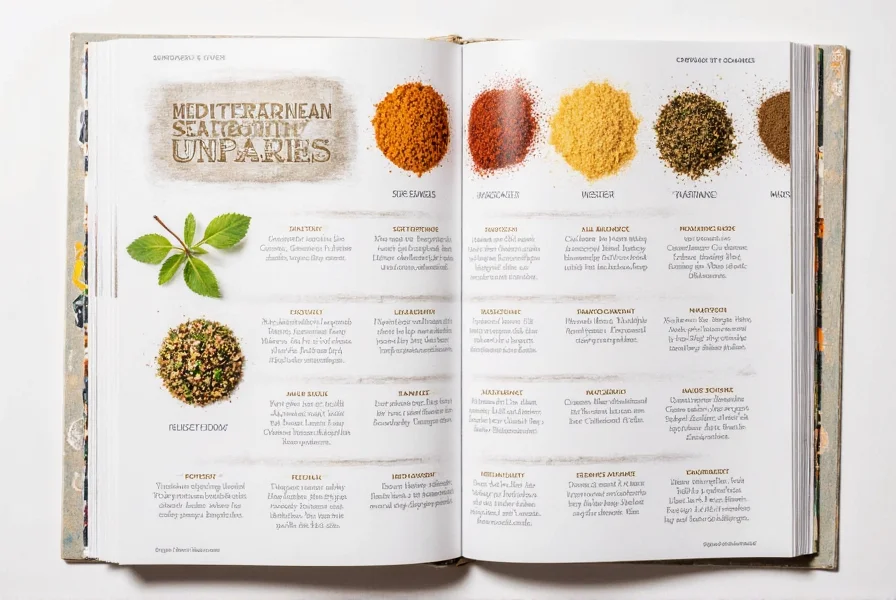
The Flavors Behind the Blend
At its heart, Mediterranean seasoning is all about balance—bright, earthy, and aromatic notes that work together to create something truly special. Here are the key players in most blends:
- Oregano: This is the star of the show. Oregano gives the seasoning its signature herbal punch and is a staple in Greek and Italian cuisines.
- Dried Thyme: Adds a subtle, slightly floral note that complements the oregano without overpowering it.
- Dried Rosemary: Brings a piney, woody aroma that adds complexity and depth.
- Garlic Powder: Provides a savory, umami-rich base that enhances other flavors.
- Onion Powder: Adds a bit of sweetness and roundness to the blend.
- Salt: Acts as a flavor enhancer, bringing out the natural tastes of the other ingredients.
- Paprika (Sweet or Smoked): Adds a hint of smokiness or a gentle heat depending on the type used.
- Black Pepper: A little goes a long way in adding warmth and depth.
Some versions may also include a pinch of cumin, coriander, or basil, especially if they're inspired by Middle Eastern or North African influences. But the core ingredients above are the foundation of most Mediterranean seasonings.
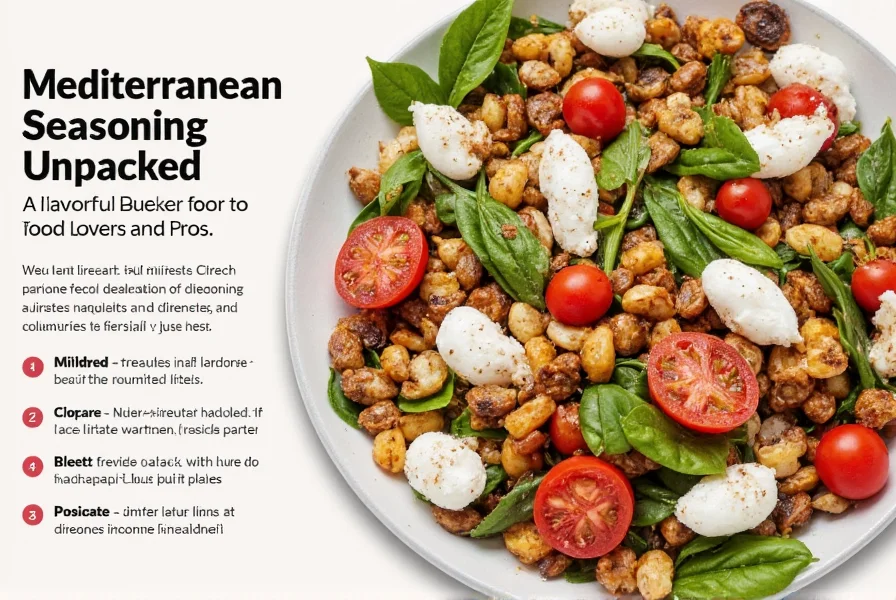
How Do These Ingredients Work Together?
The combination of these herbs and spices creates a flavor profile that's both bold and balanced. Oregano and thyme provide the green, herbal notes, while garlic and onion powder add depth and richness. The paprika and black pepper bring a subtle kick, and salt ensures everything comes together harmoniously.
This blend is particularly effective with roasted meats, grilled vegetables, and seafood dishes. Its versatility makes it a must-have in many kitchens.
Where to Use Mediterranean Seasoning
Mediterranean seasoning is incredibly adaptable. Here are some of the best ways to use it:
- Roasted Vegetables: Sprinkle it over bell peppers, zucchini, eggplant, and carrots before roasting for a burst of flavor.
- Grilled Meats: Use it to season chicken, lamb, or fish before grilling for an authentic taste.
- Salads: Add a dash to a Greek or Mediterranean salad to enhance the freshness of the greens, cucumbers, tomatoes, and olives.
- Marinades: Mix it with olive oil, lemon juice, and garlic to create a flavorful marinade for meat or tofu.
- Stuffed Peppers or Eggplants: Use it to season the filling for an extra layer of flavor.
- Seafood Dishes: Try it with shrimp, salmon, or grilled octopus for a quick, easy, and tasty meal.
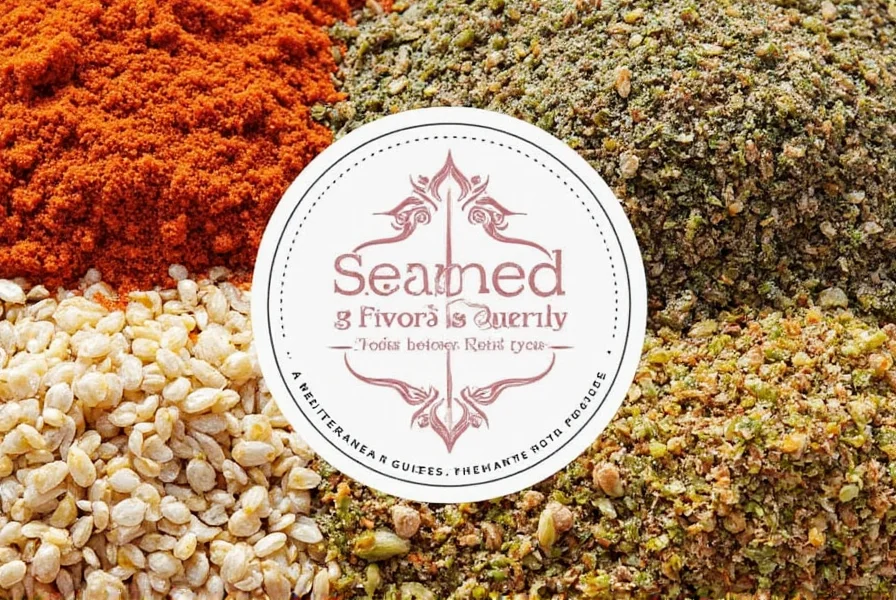
As you can see, the uses are endless. Whether you're preparing a casual dinner or a special occasion meal, Mediterranean seasoning can help you achieve that fresh, homemade taste without the hassle.
Pro Tips for Using Mediterranean Seasoning
If you're new to Mediterranean seasoning, here are some tips to get the most out of it:
- Start Small: Since the blend is concentrated, it's easy to overdo it. Start with a teaspoon and adjust to taste.
- Pair It with Citrus: Lemon or lime juice works wonders with Mediterranean seasoning, brightening up the flavors and cutting through richness.
- Use Fresh Herbs Too: For the best results, add a handful of fresh oregano or basil at the end of cooking for an extra layer of freshness.
- Store It Properly: Keep your seasoning in an airtight container away from heat and light to preserve its potency.
- Make Your Own: Experiment with your own blend using the ingredients listed above. You can customize it to suit your preferences.
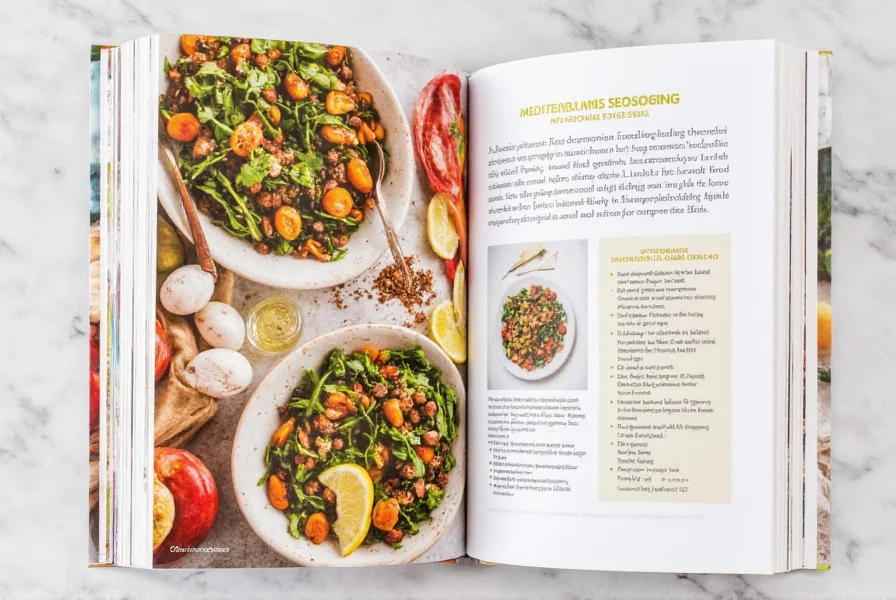
Remember, the key to great seasoning is balance. Don't be afraid to experiment and find the right mix for your taste buds.
Buying Guide: How to Choose the Right Mediterranean Seasoning
If you're looking to buy a Mediterranean seasoning, there are several factors to consider. Here's a guide to help you choose the perfect one:
Key Features to Look For
| Feature | Description |
|---|---|
| Ingredients List | Check if the blend includes the core ingredients like oregano, thyme, garlic, and onion powders. Avoid products with excessive fillers or artificial additives. |
| Flavor Profile | Some blends lean more toward the Greek style, while others may include Middle Eastern influences. Choose based on your culinary preferences. |
| Brand Reputation | Look for well-known brands that specialize in high-quality spices and seasonings. |
| Organic and Natural Options | If you prefer organic or non-GMO products, check if the seasoning is certified as such. |
| Price Point | High-quality seasonings can be pricier, but they often offer better flavor and longer shelf life. |
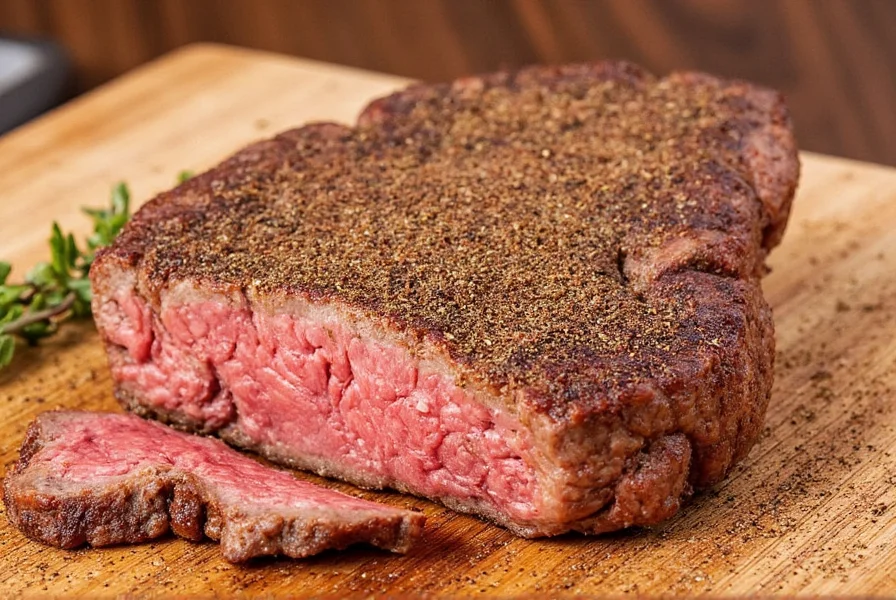
Top Products to Consider
Here are a few highly-rated Mediterranean seasonings available on the market:
- McCormick Mediterranean Seasoning
- Features: Contains oregano, thyme, garlic, and onion powders.
- Advantages: Widely available, consistent quality, and affordable.
- Use Cases: Great for everyday cooking, especially for beginners.
- Target Audience: Home cooks and casual food lovers.
- Suitable Occasions: Weeknight dinners, family meals, and casual gatherings.
- Better Than Bouillon Mediterranean Seasoning
- Features: A concentrated paste that can be diluted with water or added directly to dishes.
- Advantages: Versatile, intense flavor, and long-lasting.
- Use Cases: Soups, stews, braised dishes, and sauces.
- Target Audience: Experienced cooks who want a powerful seasoning option.
- Suitable Occasions: Holiday meals, large gatherings, or hearty dishes.
- Penzeys Mediterranean Seasoning
- Features: A premium blend with a focus on quality and authenticity.
- Advantages: Richer flavor, no artificial preservatives, and ideal for discerning palates.
- Use Cases: Gourmet cooking, restaurant-style meals, and special occasions.
- Target Audience: Food enthusiasts and professional chefs.
- Suitable Occasions: Dinners for guests, festive events, and recipe experimentation.
Each product has its own strengths, so choose based on your cooking needs and personal taste preferences.
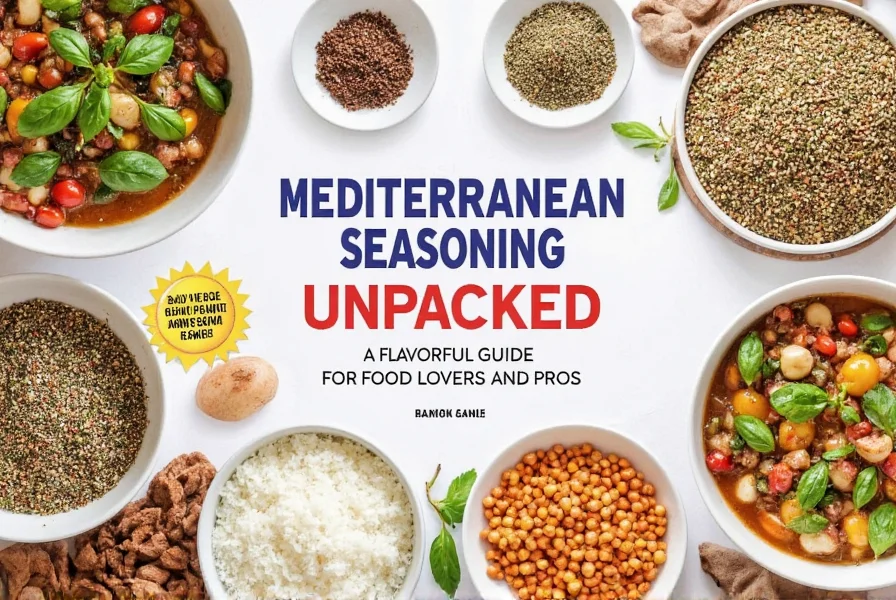
Frequently Asked Questions
What are the main ingredients in Mediterranean seasoning?
The core ingredients in most Mediterranean seasoning blends include oregano, dried thyme, dried rosemary, garlic powder, onion powder, salt, paprika (sweet or smoked), and black pepper. Some variations may also include cumin, coriander, or basil depending on regional influences.
Is Mediterranean seasoning the same as Italian seasoning?
While they share some common ingredients like oregano and basil, Mediterranean seasoning typically includes more garlic, onion, and paprika compared to Italian seasoning. Mediterranean blends often have a bolder, more complex flavor profile with influences from Greek, Turkish, and Middle Eastern cuisines, whereas Italian seasoning focuses more on herbs commonly used in Italian cooking.
Can I make my own Mediterranean seasoning blend?
Absolutely! Making your own Mediterranean seasoning is simple and allows you to customize the flavors. Combine 2 tablespoons dried oregano, 1 tablespoon dried thyme, 1 tablespoon dried rosemary, 1 tablespoon garlic powder, 1 tablespoon onion powder, 1 tablespoon paprika, 1 tablespoon black pepper, and 1½ tablespoons salt. Store in an airtight container away from heat and light for best results.
How long does homemade Mediterranean seasoning last?
When stored properly in an airtight container away from heat, moisture, and direct sunlight, homemade Mediterranean seasoning can maintain its potency for 6-12 months. For the best flavor, try to use it within 6 months. You'll know it's losing potency when the aroma becomes less pronounced and the color fades.
What's the difference between Greek and Mediterranean seasoning?
Greek seasoning is actually a subset of Mediterranean seasoning. While both share core ingredients like oregano and garlic, Greek seasoning typically emphasizes oregano more heavily and may include lemon zest. Mediterranean seasoning is broader, incorporating influences from across the Mediterranean region including North African and Middle Eastern flavors, often featuring more paprika and sometimes cumin.
Conclusion
Mediterranean seasoning is more than just a mix of herbs and spices—it's a gateway to the rich and diverse flavors of the Mediterranean region. By understanding what is in Mediterranean seasoning, you can make informed choices about how to use it in your cooking and even create your own custom blends.
Whether you're a seasoned chef or a home cook looking to expand your palate, this seasoning is a valuable addition to your pantry. With the right approach, it can transform simple ingredients into something truly remarkable. So go ahead, give it a try, and let your taste buds travel to the shores of the Mediterranean.
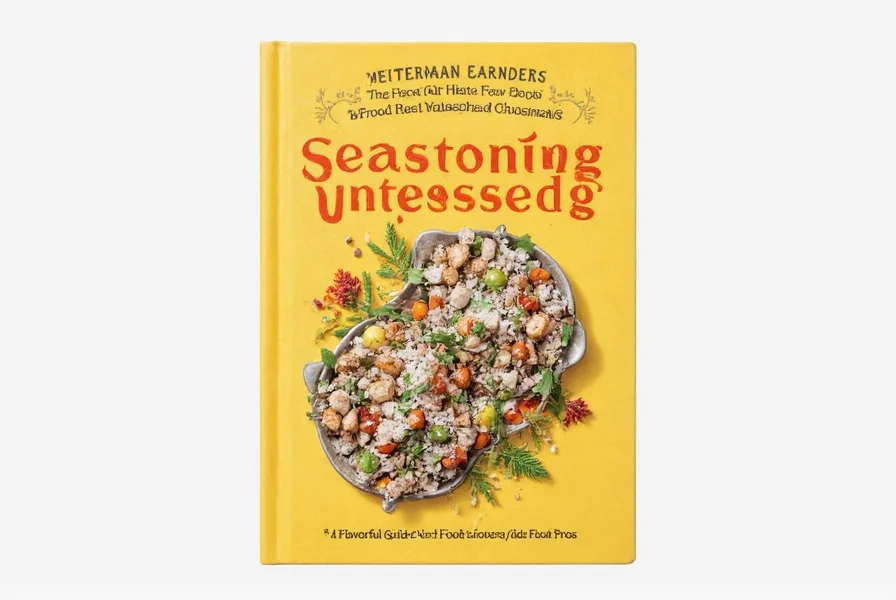
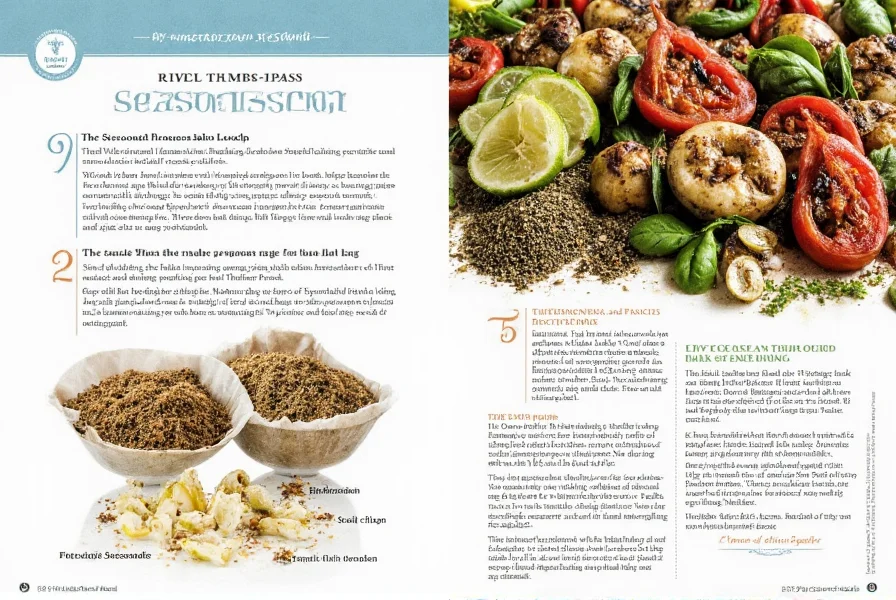
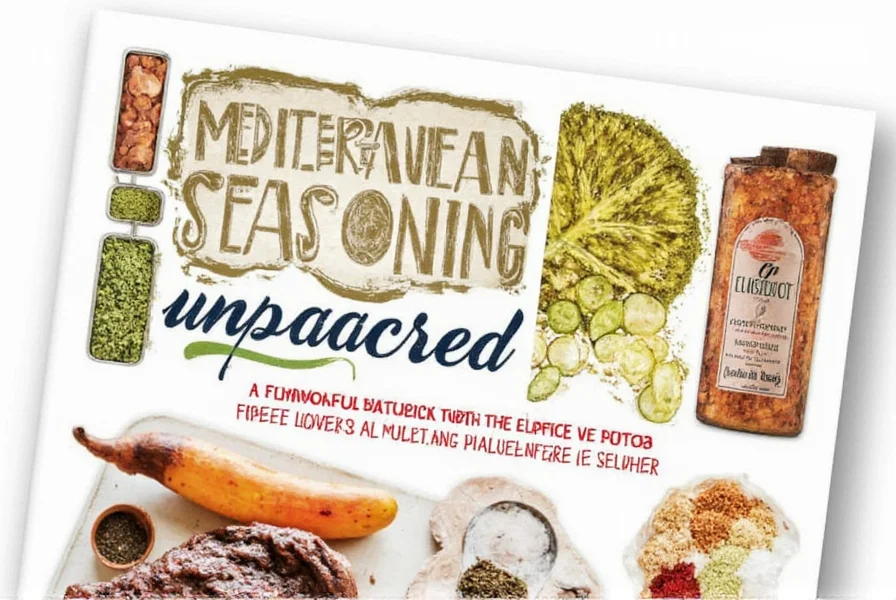
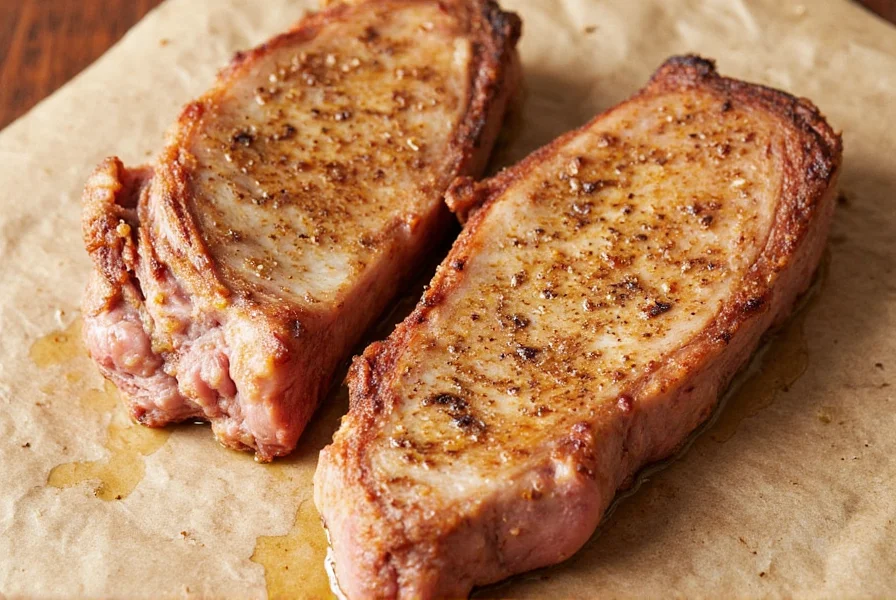
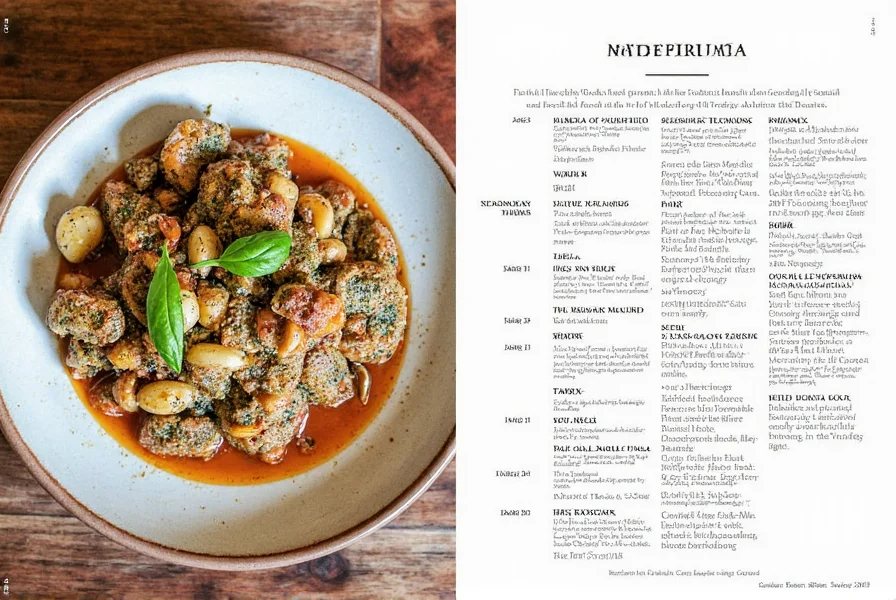











 浙公网安备
33010002000092号
浙公网安备
33010002000092号 浙B2-20120091-4
浙B2-20120091-4